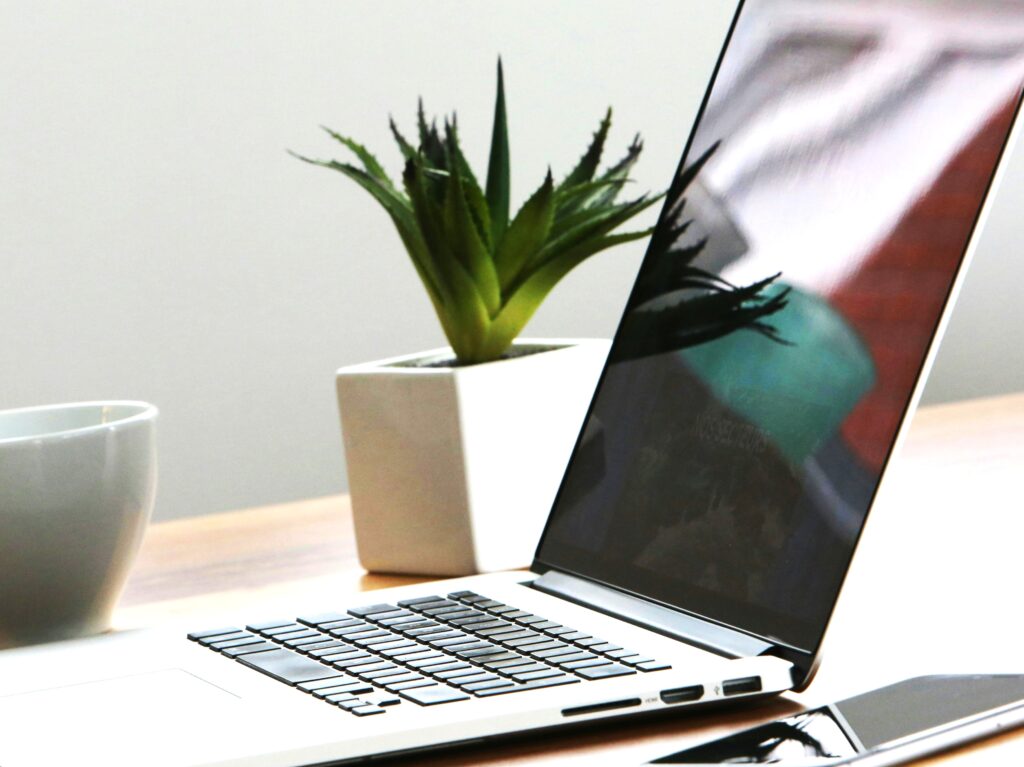
Buying a laptop can feel like a lot with all the choices out there. You’ve got super-thin ones and powerful gaming ones. The right one really comes down to what you need it for, how much you want to spend, and what you like. Figuring things out before you buy can save you some cash and make sure you get something you actually like.
What Are You Using It For?
So, what are you going to do with this laptop? Just surfing the web, sending emails, and watching videos? Or are you doing heavy stuff like video editing, gaming, or coding? Regular laptops can handle simple tasks without any problem. If you are doing harder tasks, you’re going to want faster parts. Knowing what you’ll mostly use it for will help you pick out the kind of laptop you want.
How Fast Is It?
How well a laptop works depends on its chip, memory, and storage. The chip is like the brain. You’ve got Intel and AMD, and the newer ones are faster and don’t use as much power. Memory decides how many programs you can open without it slowing down. Eight gigabytes is usually okay, but 16 or more is better for gaming or serious work. For storage, get a Solid State Drive. These are way faster than the older Hard Disk Drives, so your computer starts up quick and your files open fast. Some new laptops now have NVMe drives, which are even quicker.
How Does It Look?
The screen matters a lot. Think about size, resolution, and what kind of panel it has. Bigger screens are good if you need a lot of space to work or if you just want to watch things, but smaller ones are easier to carry around. Full HD is normal, but if you are into graphics, splurge for a 4K screen. With IPS panels, the colors are good, and you can see the screen from different angles. Also, gamers should think about refresh rates (120Hz or more).
Can You Take It Anywhere?
If you move around a lot, then how easy it is to carry is important. Thin laptops don’t weight much, so they are easy to take with you. How long the battery lasts is a big deal, too. Find laptops that can do at least 6-8 hours on a charge. Some of the best ones can go for 12 hours or more. Just keep in mind that if you get a laptop with a fast graphics card, it will eat up more battery.
What Can You Plug Into It?
Laptops have all sorts of ports these days. USB-C, USB-A, HDMI, and SD Card readers are all things you should look for. Some also have Thunderbolt for faster transfers and hooking up screens. Wi-Fi 6 and Bluetooth 5.0 make for faster and more reliable wireless performance. Think about what you need to plug in before you pick a laptop.
How Does It Feel?
If you’re going to be typing a lot, then you’ll want a keyboard that feels good. Make sure the keys have enough travel, and look for a backlight if you plan on using it in the dark. The touchpad should be smooth.
How Well Is It Made?
Laptops made out of metal are generally stronger than plastic ones. Features like slim edges around the screen and a simple look are pretty common on the nicer ones. If you’re taking it everywhere, a solid build will keep it from breaking if you drop it.
How Much Does It Cost?
You can find laptops at all different prices. Figure out how much you want to spend first, and then see what you can get for that cost. More expensive laptops can do harder things, but cheaper ones are fine for simple stuff. Check out the specs and see what other people say about them to make sure your money goes far.
Which System Should You Use?
The system you use affects what programs will work and how you like using it. Windows is used widely, so lots of the software is made for it. macOS works very well with other Apple stuff. ChromeOS is simple and focuses on online apps.
Anything Extra?
Some laptops have extra goodies like fingerprint readers, face unlock, touchscreens, or pens. Gaming laptops might have special fans, lights, and fast screens. Business laptops are likely to focus on good colors on the display and long battery life.
What If Something Goes Wrong?
A good warranty and support can be a huge help if something messes up with your laptop. Find out how long the warranty lasts and what it covers. Getting a laptop with good support will help you get your money’s worth.
To Sum It Up
Picking a laptop means thinking about a bunch of things, like how fast it is, what the display looks like, where you’re taking it, and how much you’re spending. If you understand what you need and check out a few different ones, you can find something that works for you. Whether it’s for work, gaming, or just sitting on the couch, a good laptop is a great tool to have.